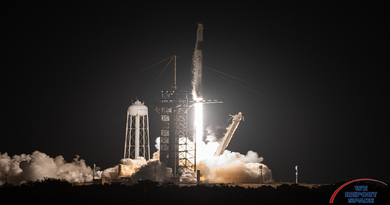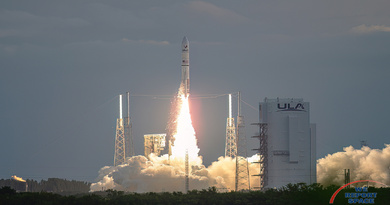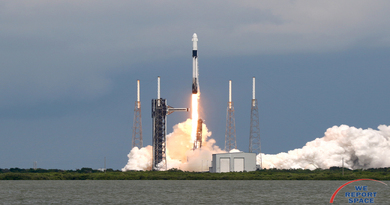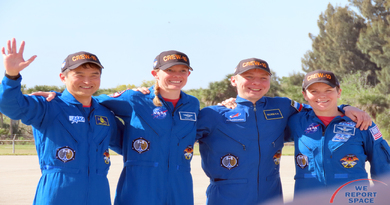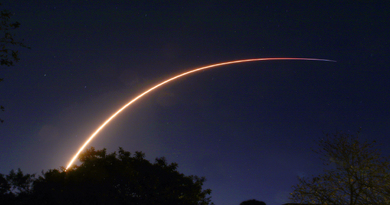Successful Milestone: OSIRIS-REx Takes Its First Photo of Asteroid Bennu
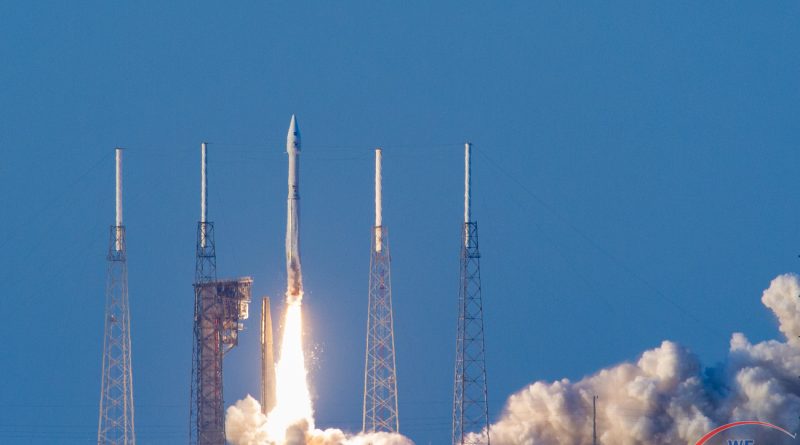
Launched on September 8, 2016, the OSIRIS-REx spacecraft began its approach phase to asteroid Bennu on August 17, 2018. The photograph shows Bennu as a point of light and was taken from 1,358,459 miles away.
The animated GIF shows five photographs of Bennu taken over the course of an hour so you can see the progress of Bennu on the background star field.
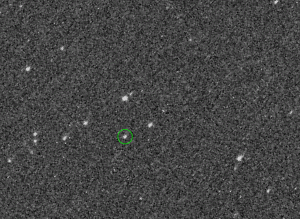
Principal Investigator Dr. Dante Lauretta: "There was a lot of good news in this image for us. First of all, the asteroid was right where we thought it was. The spacecraft was where it was supposed to be and pointing in the right direction. Our spacecraft navigation team has done a fantastic job so far getting us the approach trajectory of Bennu. The spacecraft has operated flawlessly throughout the outbound cruise phase. Its ability to point the cameras and collect data is well demonstrated."

"The asteroid was at the brightness we expected it to be, right around 13th magnitude. The other stars, the triangle around Bennu were all at 13th magnitude as well. You can't see those stars from the Earth with the naked eye. Bennu was as bright as we expected it to be: many of our camera settings are based on our expectations of the reflectivity of the asteroid surface and so far, there are no surprised there."
"And finally, even though we will be doing a more detailed survey of the asteroid environment later on in the approach phase, we were able to process the images to see if there was any extended material around it that might indicate a recent impact or a comet-like dust outgassing event. There is no indication of any material in the vicinity of the asteroid. So far, so good with our proceeding with our nominal approach phase trajectory."
For more information, keep an eye out for tomorrow's article, "What's Next for OSIRIS-REx?"
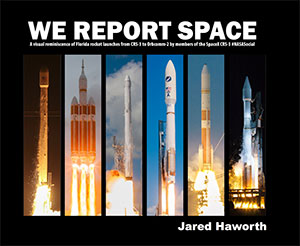
Stunning, full color photo book covering every east coast launch spanning 2014-2015, including the first-ever powered landing of a SpaceX Falcon 9 rocket.
More Info